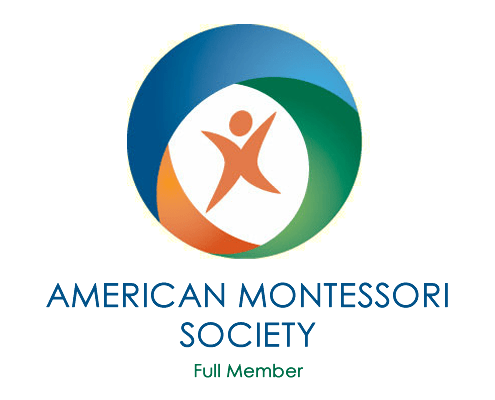Our philosophy is based in our belief that children are competent individuals who can construct their own meaning of their experiences. The teacher’s role is not to provide all the correct answers. Rather, the teacher provides the occasion for discovery and learning.
Our approach is hands-on and multisensory. We recognize that children have a natural curiosity and a predisposition to enjoy the unexpected. Children engage in active exploration and investigation to make sense of their world. We strive to fuel children’s investigative impulses and encourage discovery, promote questioning and challenging of ideas, and formulate connections of experience.
We respect children’s multiple ways of demonstrating their intelligence. Children are encouraged to develop their individual strengths and each child’s unique contribution to their community is appreciated. Strengths are celebrated and valued while opportunities are created to provide exposure to, and enhancement of, other talents and skills. Children will be given the opportunity to express themselves through music, painting, drama, song, movement, and play.
A Child’s Journey Montessori School’s program draws from several models of child development including the Reggio Emilia model to create an inclusive, child-led, emergent program steeped in the belief that children are strong, capable, creative thinkers who can explore their ideas in myriad ways.
Components which will be incorporated into our program include:
- Classrooms that are beautiful, inspirational spaces
- Children, family, teachers, parents and community as interactive and collaborative
- An awareness and appreciation of the natural world in which the environment is viewed as co-teacher
- Opportunities for artistic expression in a variety of media
- Documentation of children’s activities and exploration through a portfolio system
About Montessori Education
The world of Montessori is such where children love to learn. Your child’s true nature is the focus of the Montessori Method. Dr. Maria Montessori developed this educational approach to learning based on her observations and research of children’s true nature. This approach focuses on the development of the “whole child” in order to maximize children’s potential and prepare them for life. Referring to the mind of a child between birth and the age of six as the “absorbent mind,” Dr. Montessori believed that these children subconsciously possess a tremendous ability to learn and assimilate from the world around them.
Montessori Classrooms are divided into five major areas. They are Practical Life, Sensorial, Language, Math, and Cultural.
Sensitive Periods
It is often observed that the child loves repetition. There is a song, or an activity, or a storybook which they would like to repeat over and over again. Maria Montessori believed that children pass through phases in which at certain stages throughout their development they have a predisposition or sensitivity to learning a specific skill. These stages are called ‘sensitive periods’! Each period lasts for as long as it is necessary for the child to accomplish a particular stage in his development. These periods of sensitivity are transitory and when the aim of the period is accomplished the special sensitivity simply falls away. In other words, a child’s biological imperative is met.
These sensitive periods can be thought of as moments of readiness for learning. Sensitive periods appear as an intense interest in repeating certain actions over and over again, until, out of repetition, a new skill emerges and is mastered. These sensitive periods manifest themselves by a pattern of behavior. A feature of growth at this stage e.g. a characteristic of such a period is the repeated performance of song actions for no apparent reason. During these periods the child shows vitality and pleasure in performing these actions. If the child has not been allowed to work in accordance with the sensitive periods Montessori said it was like “a dropped stitch in his mental life” because he would lose his special sensitivity and interest in that area and it would affect his whole physic development.
Our Approach and Practices
Reggio Emilia Approach
The Reggio Emilia Approach began in the Municipal Infant-Toddler Centers and Preschools of Reggio Emilia, Italy, and has inspired other schools all over the world. It is based on the principles of respect, responsibility and community. It emphasizes exploration and discovery in a supportive enriching environment based on the interests of children. In this approach children have some control over the direction of their learning and have many ways and opportunities to express themselves. Parents are also a key component and are viewed as important partners and collaborators.
This Approach surrounds and guides all that we do. It is the primary basis of our program.
Our Approach to Education
Children’s brains develop most rapidly between birth and age five, thus these are the most important years of growth, development, and learning. This period builds the foundation for life-long learning and achievement.
Our program is based on a wide range of the best, research-backed early education practices designed to ensure school readiness and provide a strong educational foundation. We believe learning is fun and that children learn best through hands-on play and active participation. These beliefs guide us in creating our warm, supportive and engaging learning environments. It is essential to us that your child feels safe, secure, and loved.

